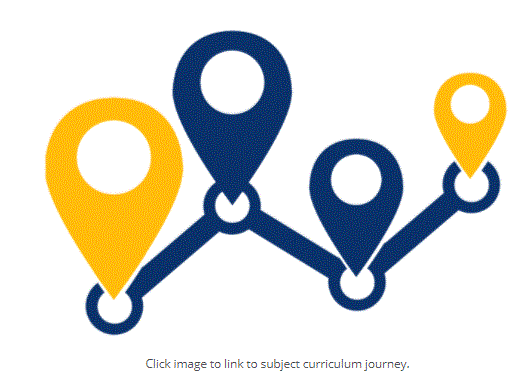Our aim is for students at St Michael’s to develop a lifelong interest in sport and physical activity so they can improve their physical, social and mental well-being.
Mercy – Integrity – Care and compassion – Humility – Achievement – Leadership – Service
Key Stage 2
We work closely with our local feeder schools to ascertain what staff CPD is required to upskill primary school teachers so they can deliver a range of sports and physical activities to their students which will engage them in the participation of physical exercise and prepare them for what they will be taught in Year 7. Through our relationship with our feeder schools and acting upon the requirements they have indicated as priorities we provide bespoke CPD in sports and physical activities such as short tennis, yoga, S&F/cricket and then competitions are planned for primary schools to compete in.
KS3
We all need to lead an active and healthy life. Exercise is fundamental, as it allows you to function and complete everyday tasks, as well as improving quality of life and life expectancy. We aim to develop our students’ lifelong interest in physical activity and sport. This will be developed through students’ exposure to different sports and physical activities within both academic years in order to develop skills in rules and regulations, skills and tactics, leadership and communication, fitness and wellbeing. Extracurricular activities further develop students’ expertise in specific sports and provide opportunities to experience sports and activities that are not included in the curriculum, including boxing and power chair football. Mental wellbeing is focused on in all lessons to develop student’s confidence and self-esteem, not only in PE but also across the whole curriculum as they develop from Key Stage 3 to 4.
Competitive situations (team and individual) both in curriculum and extracurricular activities to experience and develop key skills such as resilience, perseverance, sportsmanship and sporting etiquette, and team work. This prepares students for the competitiveness of the world of work. As the students represent the school, they are further enhancing the school’s values.
A diverse range of activities broadens students’ knowledge and understanding of sports and a healthy lifestyle. Increased engagement in sport post 16 is important in order to lead a healthy lifestyle, and develop a lifelong passion for sport and physical activity. Overall, by the end of Year 8, students will have learnt how to perform a range of skills, techniques and tactics across a range of physical activities and sports. Students will develop strategies to be able to develop their MICHAELS school values.
We use our assessment strand medals of Bronze, Silver and Gold to differentiate learning outcomes to stretch all of our students so they can make progress and aspire to be the best they can be:
- Bronze stage: students will demonstrate that they are developing their knowledge and understanding of rules and regulations, skill acquisition, technique and performance, tactics and strategies, performance analysis and learning a key language.
- Silver stage: students will demonstrate that they are further developing their knowledge and understanding of rules and regulations, skill acquisition, technique and performance, tactics and strategies, performance analysis and learning a key language.
- Gold stage: students will demonstrate that they are consistently developing their knowledge and understanding of rules and regulations, skill acquisition, technique and performance, tactics and strategies, performance analysis and learning a key language and doing this in demanding situations/scenarios.

